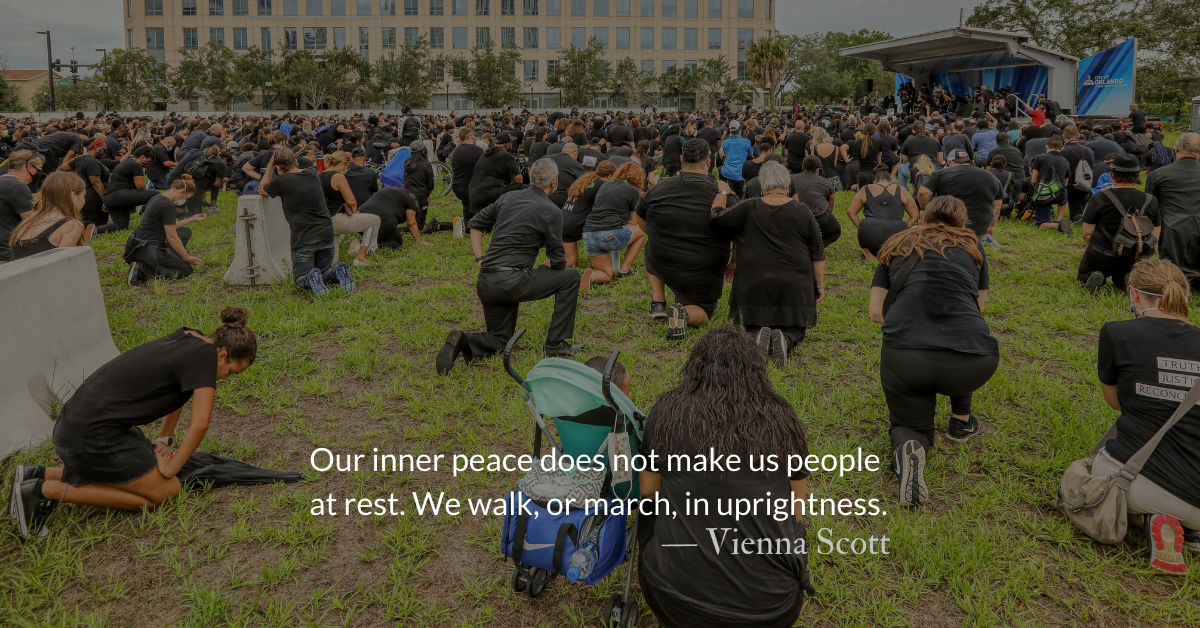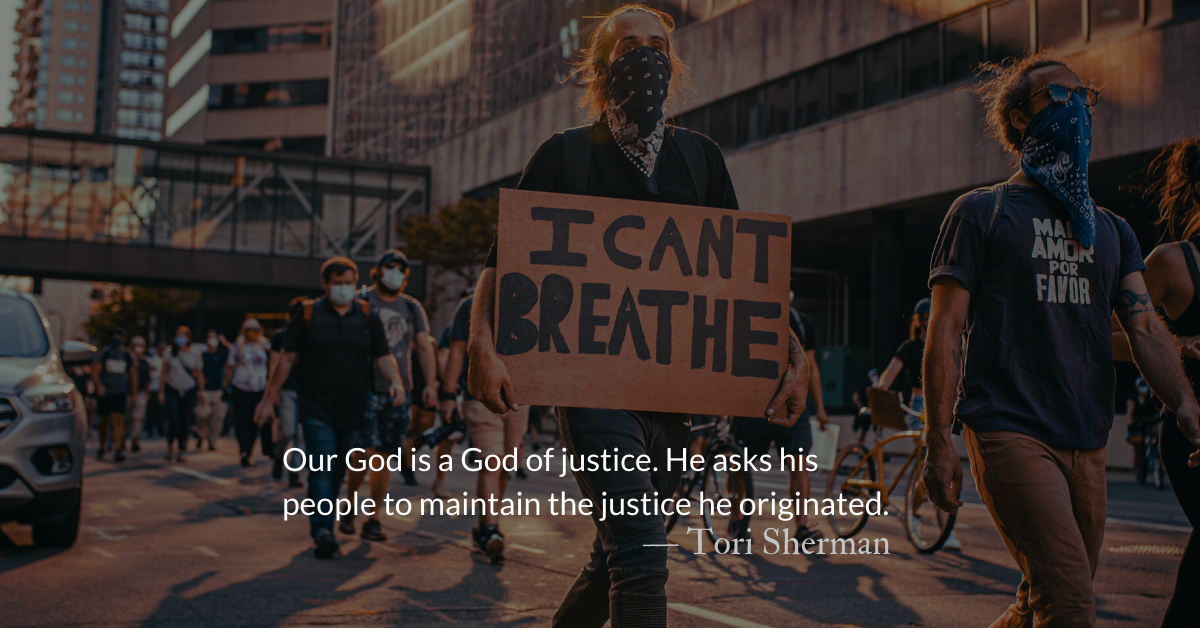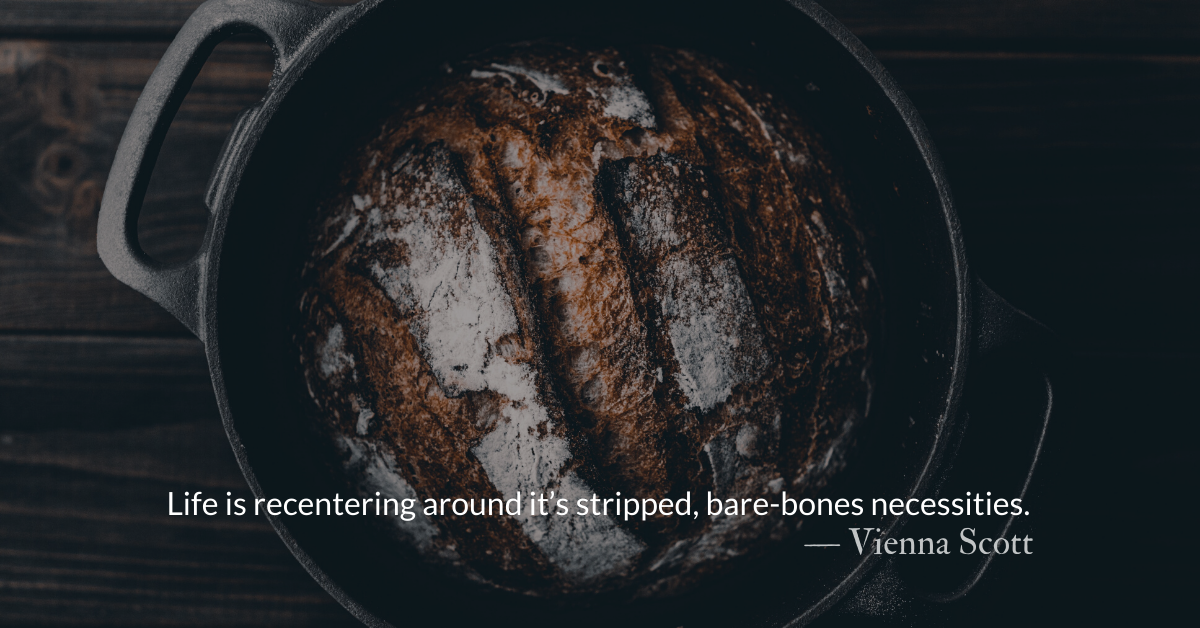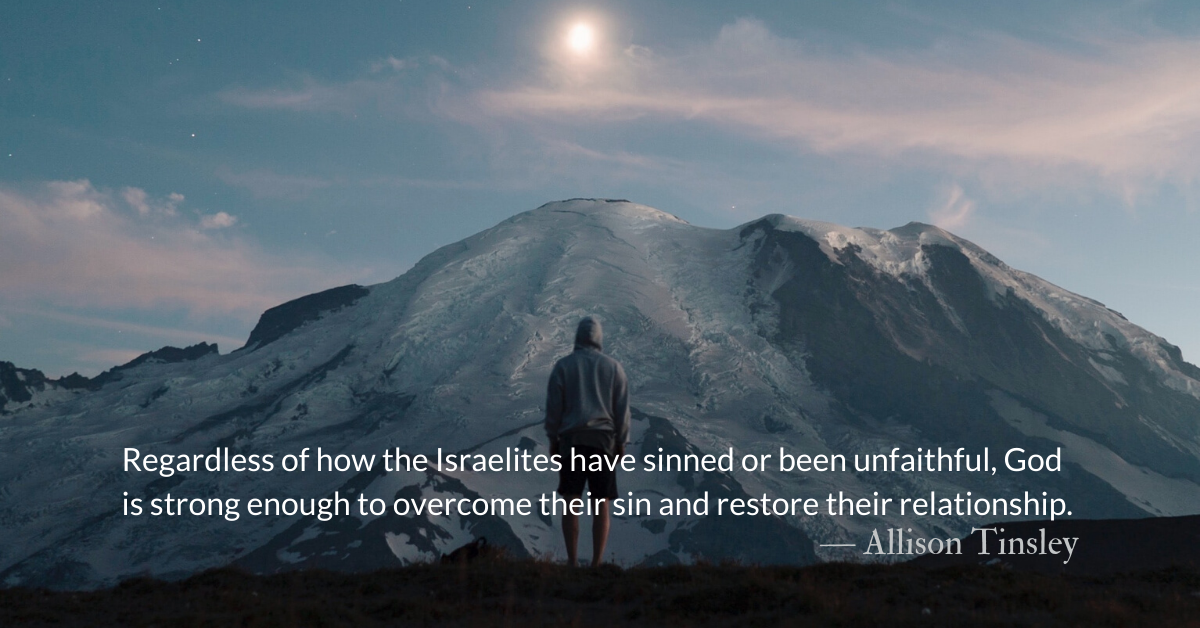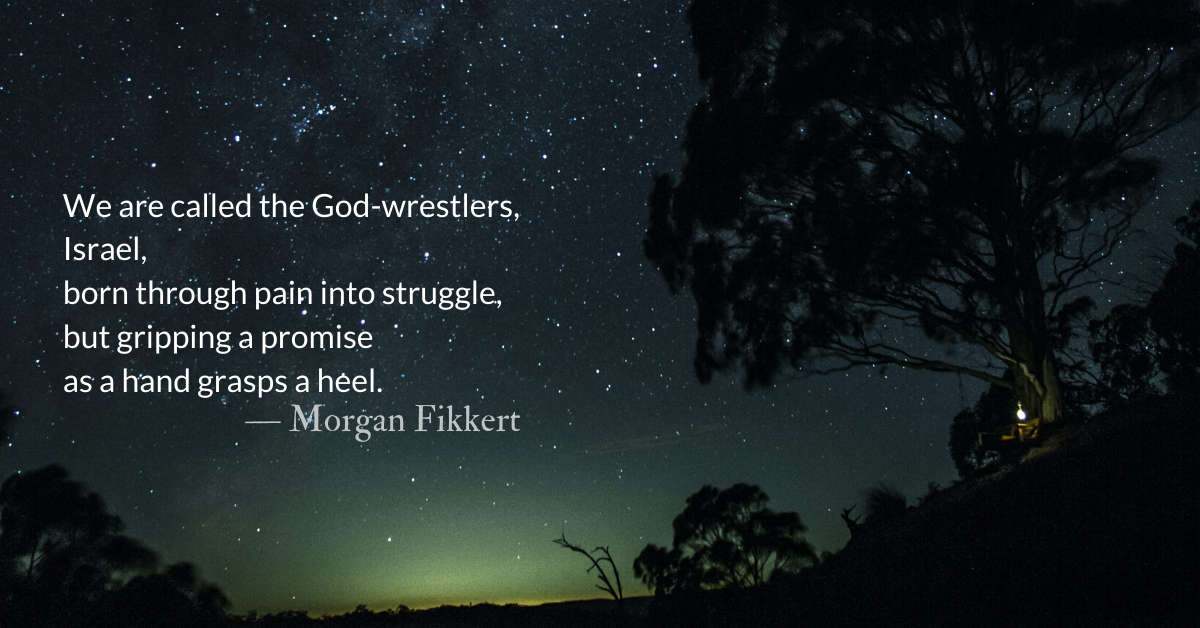We are happy to welcome ministry-focused college and seminary students from around the country and overseas to write in June of 2020 for The Park Forum. Each of them is pursuing a career in ministry and received free coaching on their writing as a part of the program. For more information about the program and a profile of each of our student writers, visit our Student Writers Month page.
Today’s student writer is Vienna Scott, a student at Yale University.
Scripture Focus: Isaiah 57:1-2
1 The righteous man perishes,
and no one lays it to heart;
devout men are taken away,
while no one understands.
For the righteous man is taken away from calamity;
2 he enters into peace;
they rest in their beds
who walk in their uprightness.
Reflection: Seeking Righteousness
By Vienna Scott
Like many places today, Isaiah’s Israel was a nation rife with unrest. The prophet writes to a people living under unjust and oppressive rulers. Her leaders failed to care for their people. Isaiah 57 outlines the cost of such tragedy. What happens to good people when they don’t live under good leaders?
Isaiah warns that wicked leaders ignore and persecute the righteous. But God is still with them. The righteous man is taken away from calamity. He enters into peace. But it doesn’t guarantee that the world does.
We don’t live in biblical-era Israel. But the question is pertinent nonetheless. In our own time, the lack of harmony between people and their rulers is causing strife. Christians should wonder what righteousness looks like when it isn’t clearly modeled by our leaders.
Unlike in the time of Isaiah, freedom for the righteous is not tied to a physical place, Jerusalem. The gospel message brings the Holy Spirit into the hearts of his people. The fruits of the spirit are virtues we carry with us like peace, patience, and gentleness. Peace that was once found away from calamity can now be carried through it.
These principles can help us navigate a time where anger and vengeance drive the hearts of many people. There should be a clear and recognizable difference in the way that Christians interact with social and political unrest because we are not a people of unrest. However, our inner peace does not make us people at rest. We walk, or march, in uprightness. The fruits of the spirit are still relevant in such a time as this. We should allow His Holy Spirit to carry us forward, in the pursuit of justice, as sons and daughters of righteousness, as people of peace.
“For where you have envy and selfish ambition, there you find disorder and every evil practice. But the wisdom that comes from heaven is first of all pure; then peace-loving, considerate, submissive, full of mercy and good fruit, impartial and sincere. Peacemakers who sow in peace reap a harvest of righteousness.” James 3:16-18
Prayer:
Give us your peace
Grant us your wisdom
Enlighten our leaders
Deliver us from disorder
Make us peacemakers
Carrying our communities through calamity
Sharing the fruits of the spirit
Sowing peace
And harvesting righteousness
Divine Hours Prayer: The Call to Prayer
Love the Lord, all you who worship him; the Lord protects the faithful, but repays to the full those who act haughtily. — Psalm 31.23
– Divine Hours prayers from The Divine Hours: Prayers for Summertime by Phyllis Tickle
Today’s Readings
Isaiah 57 (Listen – 3:37)
Matthew 5 (Listen – 6:03)
Read more about Peacemaking Versus Peacekeeping
We should not waste our time or energy with peacekeeping. Instead, we should strive with all that we are to be peacemakers.
Read more about Righteousness Sets Things Right
Righteousness, as Job describes it is marked by formidable, positive actions on behalf of justice…When Job walked in, the powerful trembled. Who gets nervous when you approach?


